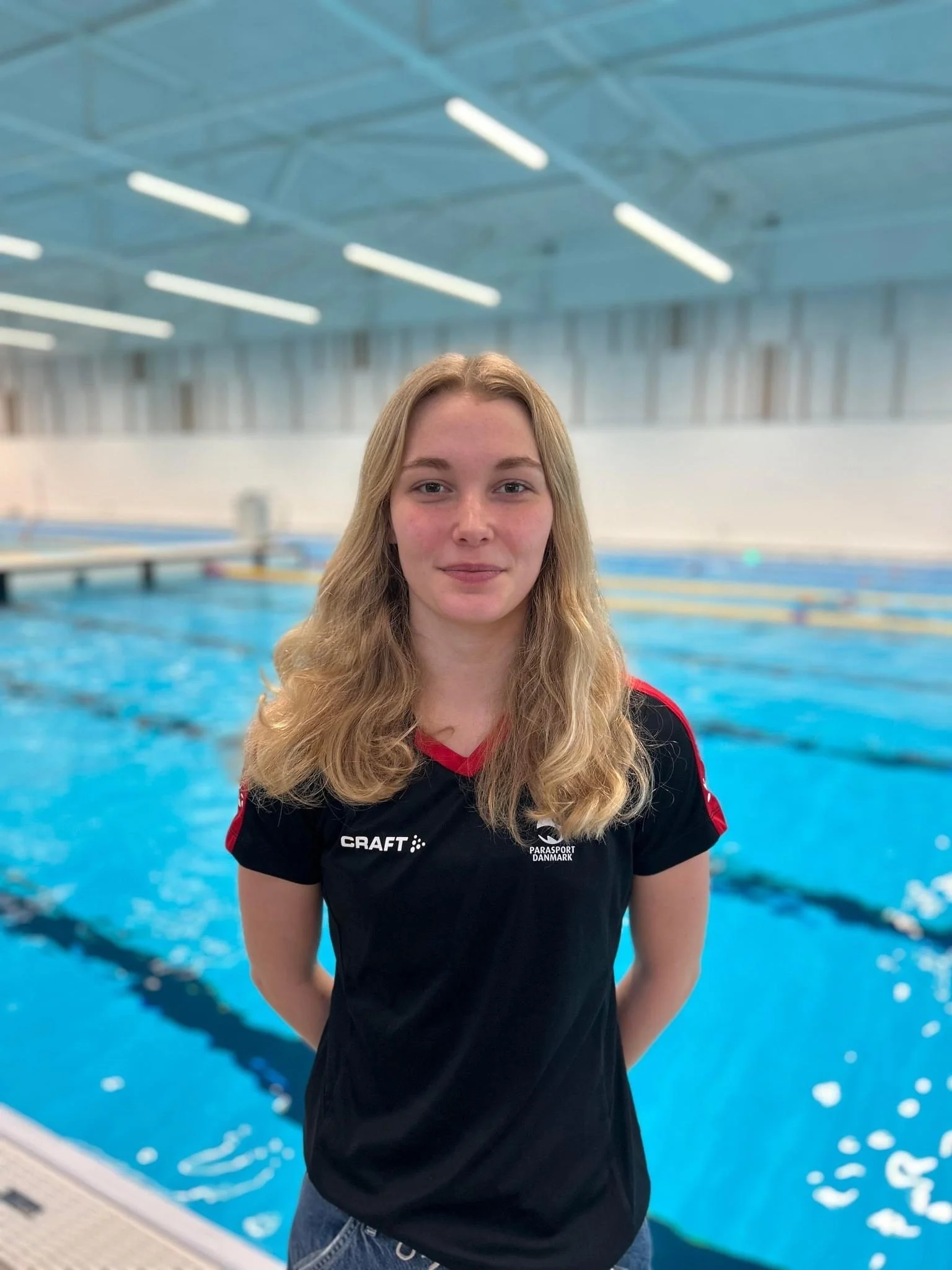ii3: More Than a Category—A Step Toward Equity in Sport?
Introduction
This blog follows on from The Power of Belief, Belonging, and the Right Environment: Maria’s Story. In part one, we explored the journey of 16-year-old Danish para swimmer Maria Kjer Rasmussen—an Autistic athlete competing in the newly introduced Virtus ii3 category. Here, we zoom out to examine what ii3 is, why it matters, and how it both challenges and upholds long-held assumptions regarding autistic people in sport. More than a new classification, ii3 represents a recognition that athletes like Maria have always existed, even if systems have yet to fully include them. But does it represent a step towards equity?
What Is ii3?
In 2022, Virtus Sport launched a ground-breaking category: ii3. It’s for athletes who are Autistic, but unlike other categories, are not affected by intellectual impairment. This category gives long-overdue visibility to a group of athletes who have, until now, been largely unsupported in both para and mainstream sport. It also raises vital questions about how sport includes—or fails to include—neurodivergent people.
Maria Kjer Rasmussen, ii3 Swimmer
Why We Need to Talk About This
We know that many autistic athletes can be highly successful in ‘mainstream’, non-specialist sport. This is because autism is a highly heterogeneous condition—meaning it manifests differently in everyone. Some athletes may require additional support; others may not need any adjustments at all.
Maria’s story is proof of how vital understanding and inclusion are. She didn’t need a different sport—she needed her sport to meet her needs. The ii3 category provided her a path to keep going when mainstream systems didn’t understand her.
The introduction of this category should not give clubs and organisations a free pass to ignore neurodiversity. Neurodivergent athletes exist in all sports. They belong wherever they choose to be.
Three Considerations About Neurodiversity Inclusion
1. Neurodiversity is everyone’s responsibility
Neurodivergent athletes don’t belong “elsewhere.” They belong everywhere—if supported appropriately.
2. Autism is a spectrum
Support needs to be individualised. Some athletes need significant adjustments; others need minor ones. They should all be welcomed and valued.
3. Segregation shouldn’t be the only answer
Creating separate categories can imply deficiency. What would it mean to have more integrated events? What would real equity look like?
→ The aim should not be to create distance—it should be to create options, flexibility, and understanding.
Maria Kjer Rasmussen, ii3 Swimmer
Representation and Role Models Matter
Maria is currently the only female ii3 swimmer in Denmark. When she met another ii3 athlete for the first time at a competition in Poland, her entire demeanour changed—“She seemed like the old Maria again,” said her mum. This shows us the power of community, of seeing others like you doing what you want to do. It’s essential that we highlight and celebrate neurodivergent role models, so others know they’re not alone.
Let’s Talk About Capability
Maria is often misjudged based on first impressions. When she discloses her diagnosis, people assume she is either a genius or incapable—nothing in between. But Maria, like every other Autistic person, is multifaceted, intelligent, emotional, driven, and human.
She shouldn’t have to fight to prove she belongs—none of us should.
Final Thoughts
The launch of ii3 isn’t the finish line—it’s a starting point. Maria’s story shows us how much can change when neurodivergent athletes are seen, understood, and empowered to compete on their own terms. But real inclusion means building environments where categories like ii3 are options, not silos—and where all athletes have the freedom to thrive.
Key Takeaways for Neurodivergent Individuals
Define your own success
→ You don’t need to meet anyone else’s idea of “capable”—success should be yours to define.
Understand your support needs
→ Self-awareness is a strength; knowing what helps you thrive is powerful.
You’re not alone
→ Representation matters—seek out community and role models that reflect your reality.
Key Takeaways for Peers, Supporters, and Parents
Unpack your assumptions
→ Snap judgments do harm—question them, even when well-intended.
Listen with humility
→ Neurodivergent experiences are often different from yours—respect and validate them.
Be an advocate
→ Use your influence to push for systems that truly support individual needs.
Key Takeaways for Coaches, Leaders, and Organisations
Include neurodiversity in training
→ Awareness of invisible differences must be part of your inclusion strategy.
Make space for different learning styles
→ Inclusive coaching means flexibility in how athletes take in and express information.
Focus on support, not gatekeeping
→ Don’t ask who fits the mould—ask how the mould can evolve to fit more people.
This blog post was written by Caragh McMurtry. Subheadings were added by the Neurodiverse Sport team to support readability.


